Table of contents
- Beagle at a glance
- Origin & history
- Appearance & breed standard
- Temperament & personality
- Beagle puppies: Training & socialization
- Care & living
- Health & prevention
- Training, enrichment & daily life
- Nutrition & weight
- FAQ
- Conclusion
- Beagle breed facts
Beagle at a glance
The Beagle is one of the world’s best-known hunting and family dog breeds. With a cheerful nature, the signature “Beagle voice,” and endless curiosity, this hound has evolved from a hunting companion into a beloved family pet. Beagles are active, people-oriented, and famously food-motivated—keen on exercise and treats.

Origin & history
Beagles trace back to 14th-century England, where they were bred for hare hunting. Their keen nose and stamina made them successful in packs. Today, they’re popular family companions and reliable detection dogs (e.g., at airports). The hunting drive is still very present.
Appearance & breed standard
Beagles are compact, sturdy, and consistently friendly in expression. Their build is designed for endurance.
- Height: 13–16 in (33–40 cm) at the shoulder
- Weight: 22–40 lb (10–18 kg)
- Coat: short, dense, weather-resistant
- Colors: typically tricolor (black–tan–white) or bicolor (tan–white, lemon)
- Eyes: large, brown, soft expression
Temperament & personality
Beagles are friendly, playful, and great with kids. Social, curious, and sometimes stubborn—classic hound traits. Their powerful sense of smell makes them dedicated sniffers. Aggression is rare, but they can be vocal when a scent catches their interest.
Beagle puppies: Training & socialization
Beagle pups are lively, eager to learn, and occasionally headstrong. Early socialization is key so curiosity doesn’t turn into independence on a scent trail.
- Socialization: Positive exposure to people, dogs, and everyday environments from day one.
- Training: Consistent, reward-based methods—food rewards work brilliantly.
- Special focus: Build a reliable recall early and consistently; prey drive is strong.

Care & living
Beagles are low-maintenance in grooming but need plenty of exercise and clear daily structure.
- Coat care: Weekly brushing is enough.
- Ears: Check often—drop ears can be prone to infections.
- Teeth: Brush several times per week—see Dog tooth-brushing guide.
- Home life: Apartment or house is fine—with daily physical and mental exercise.
Health & prevention
Generally robust, Beagles can be predisposed to:
- Ear infections (due to long, floppy ears)
- Weight gain (food lovers!)
- Occasional hip dysplasia or epilepsy
Regular vet checks, exercise, and weight control support a long, healthy life (12–15 years).
Training, enrichment & daily life
Beagles need both mental and physical outlets. Without them, unwanted behaviors can develop quickly.
- Everyday skills: Loose-leash walking, core cues, and recall—start early.
- Enrichment: Nosework, tracking, fetch games, and trick training.
- Social time: Beagles are pack dogs and thrive on company—canine and human.
- Out & about: A well-fitting dog collar and sturdy leash are essential, especially anywhere off-leash scents tempt them.

Nutrition & weight
Beagles love food—weight management is non-negotiable. Feed a high-quality, protein-forward diet with measured portions. Use treats sparingly and count them toward the daily total.
FAQ
Are Beagles good for first-time owners?
Yes—if you’re patient and consistent. They’re a great fit for active families.
Do Beagles bark a lot?
They can be vocal and use their distinctive “Beagle bay.”
Can a Beagle stay home alone?
Only with training. They’re very people-oriented and don’t like long separations.
Conclusion
The Beagle is a cheerful, loyal companion that brings plenty of joy—provided it gets enough exercise, training, and structure. With openness and smarts, this hound is an ideal partner for active families and dog lovers alike.

Beagle breed facts
| Origin | England |
| Height | 13–16 in (33–40 cm) |
| Weight | 22–40 lb (10–18 kg) |
| Coat | Short, dense, weather-resistant |
| Colors | Mostly tricolor; also bicolor |
| Temperament | Friendly, curious, independent, playful |
| Exercise needs | High — at least 1.5–2 hours daily |
| Grooming | Low — weekly brushing |
| Health | Watch for ear infections; prone to weight gain |
| For beginners | Suitable — with patience and clear guidance |
| Life expectancy | 12–15 years |


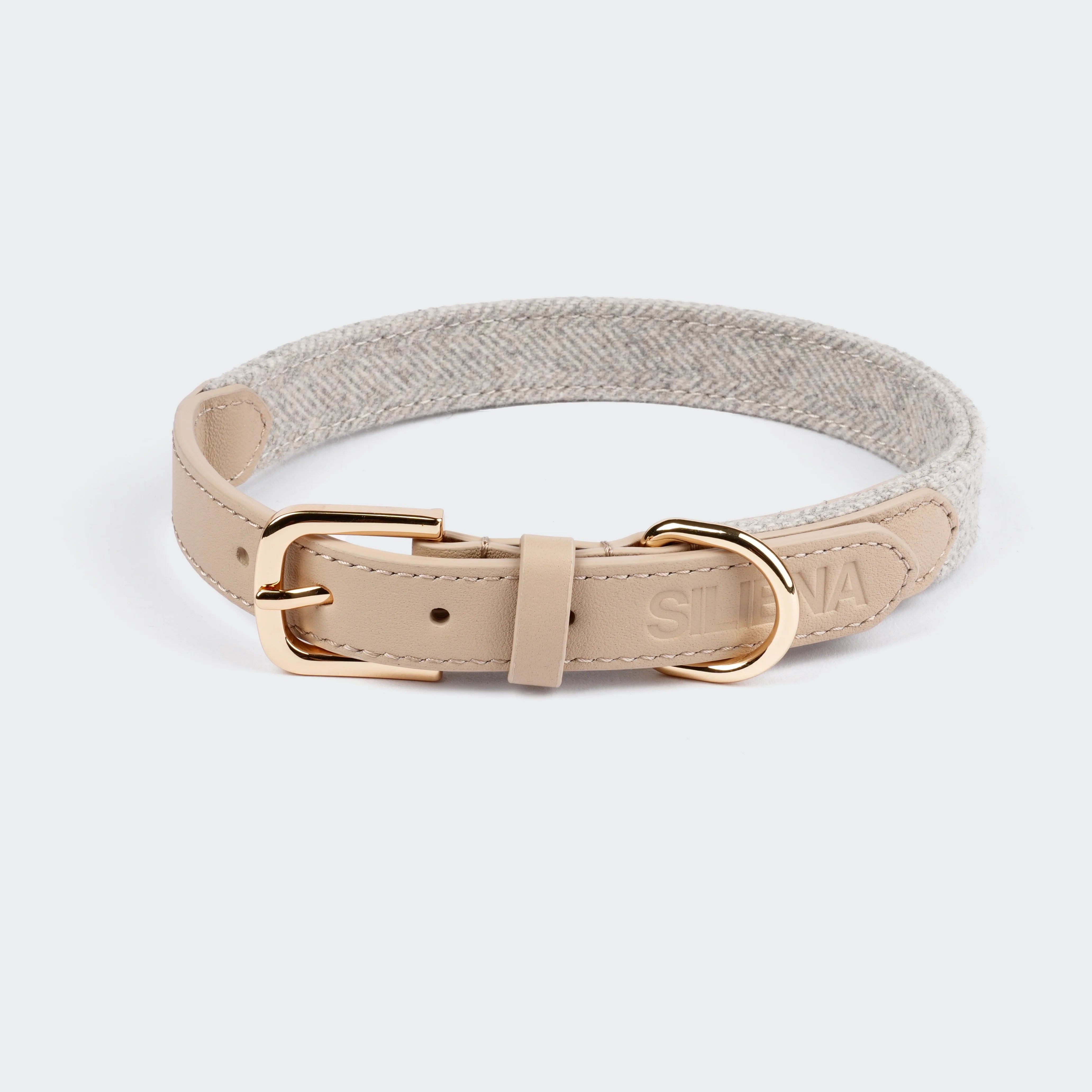
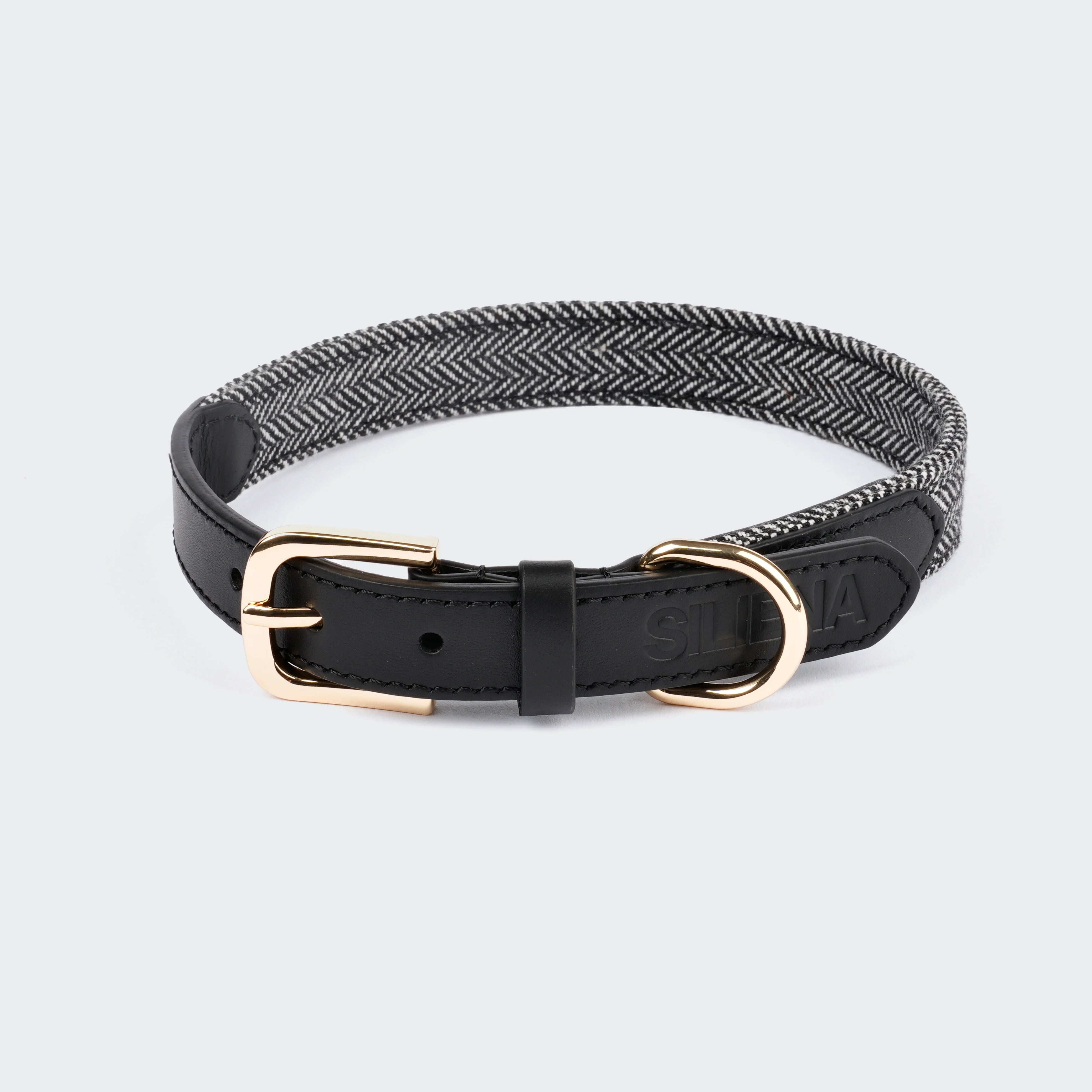
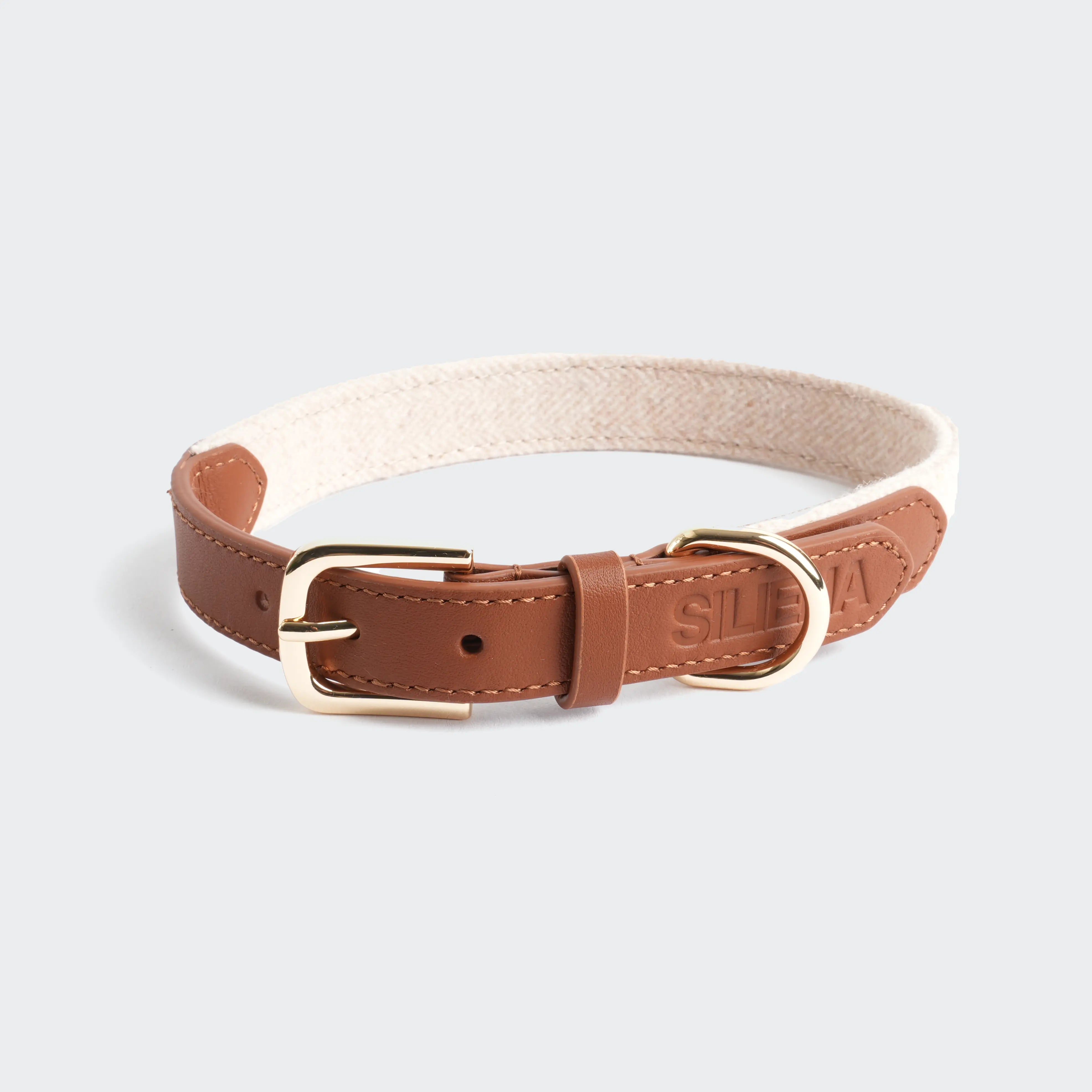
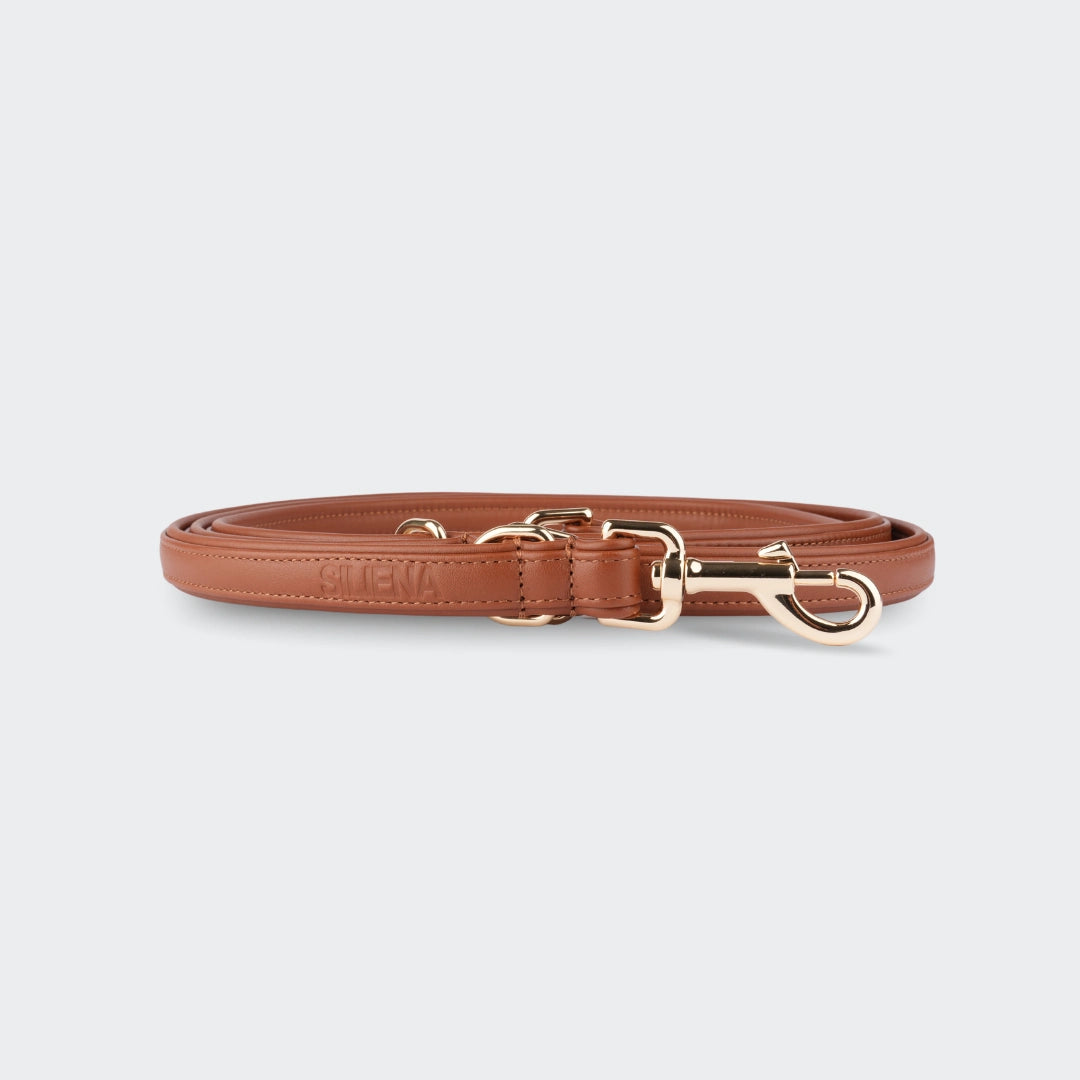
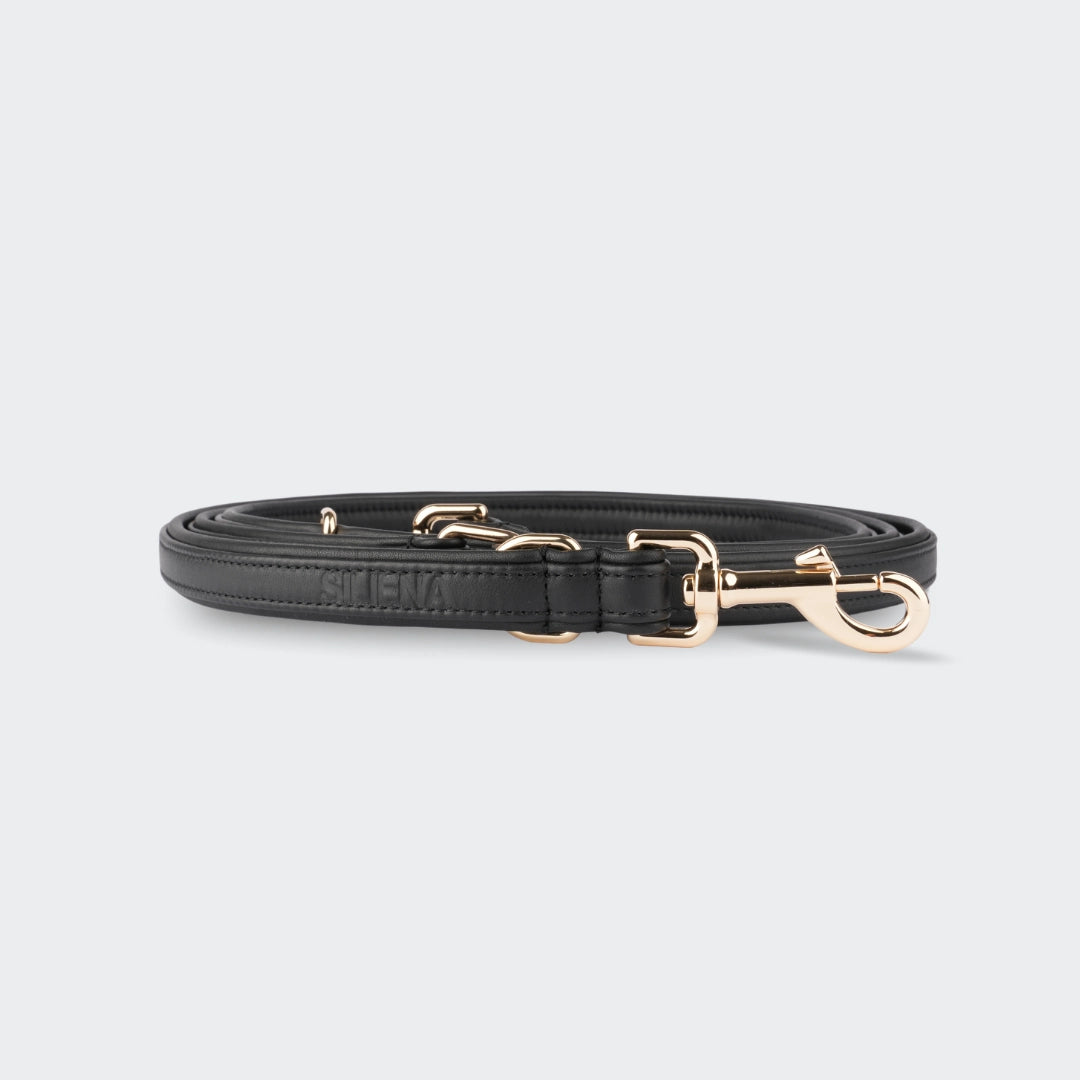
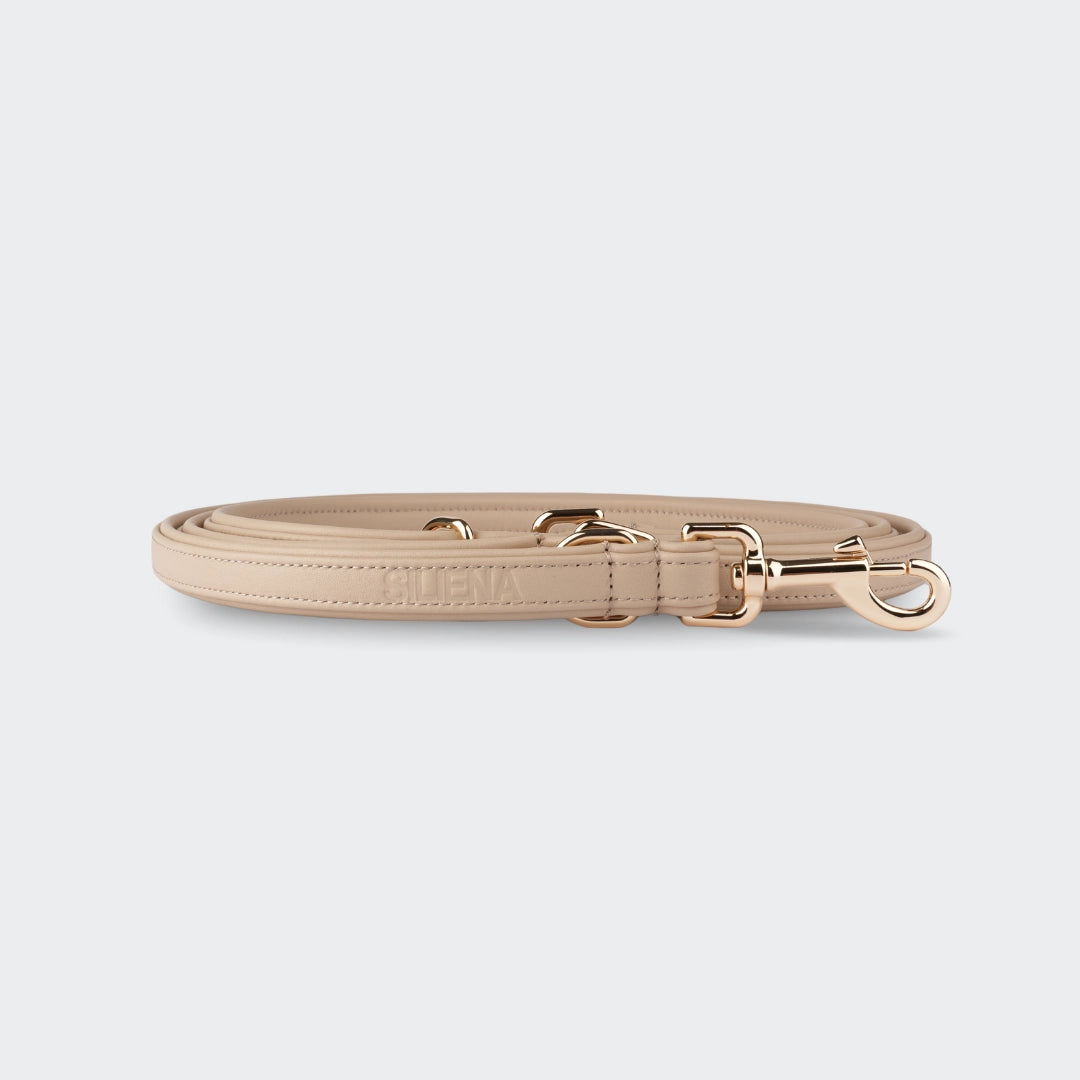
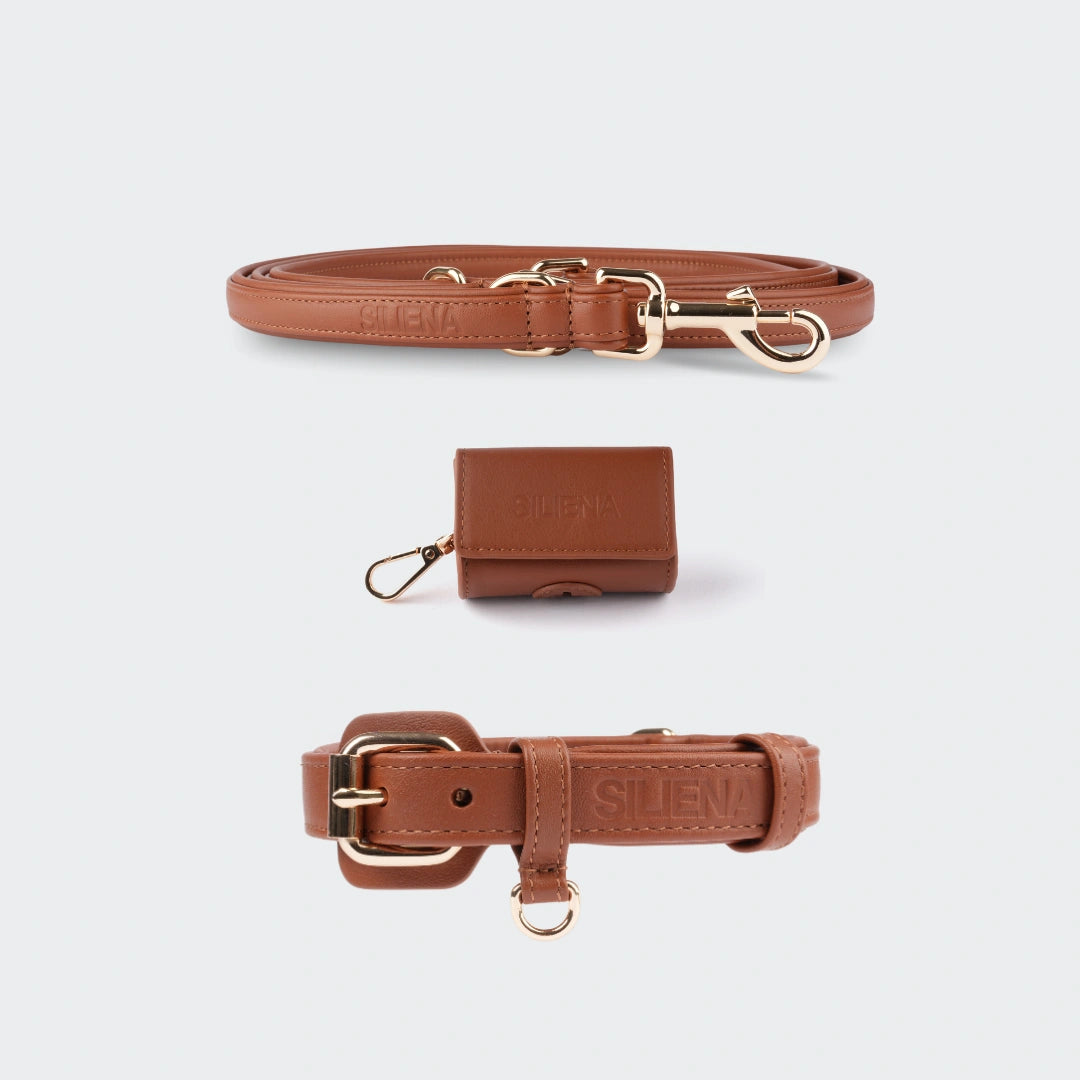
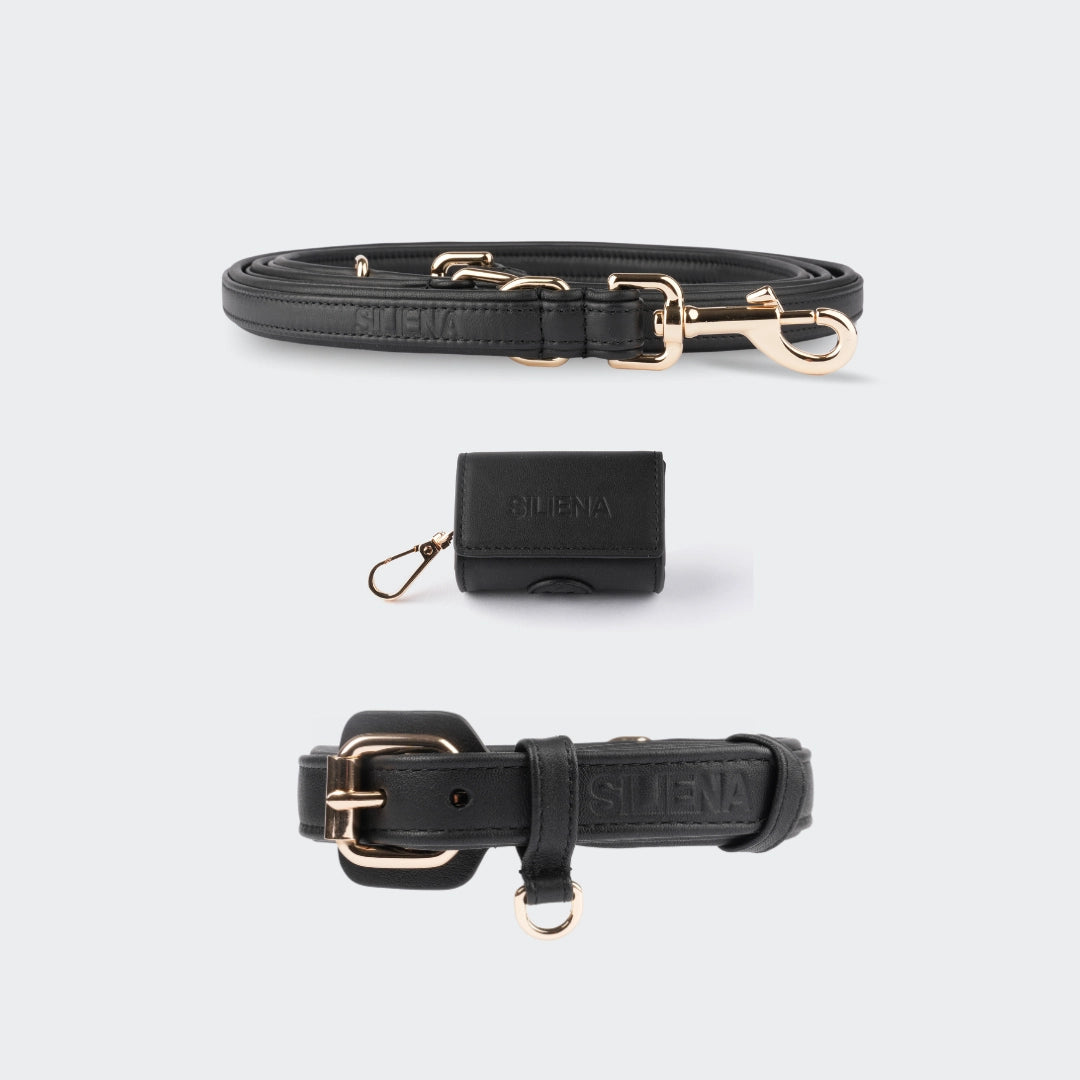
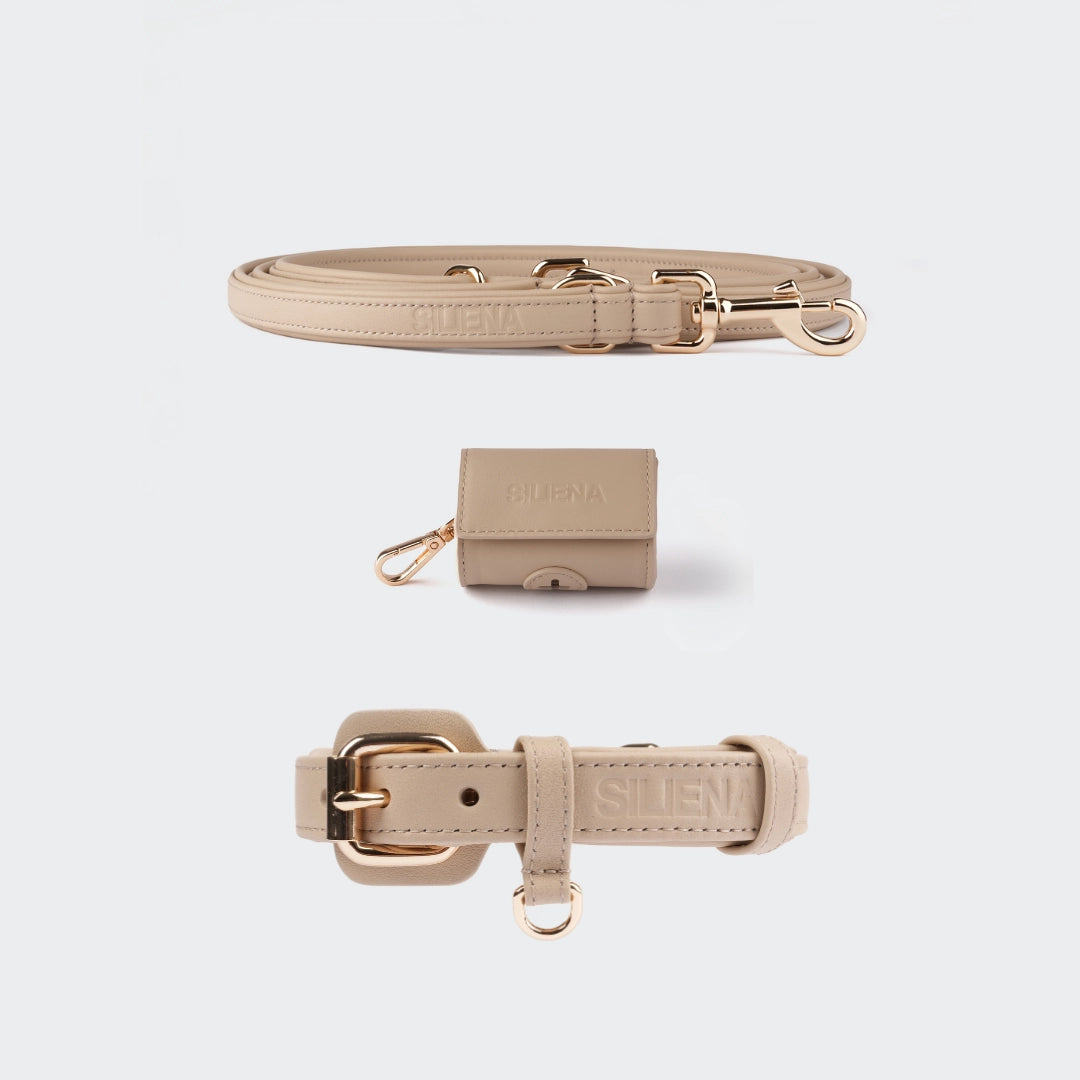
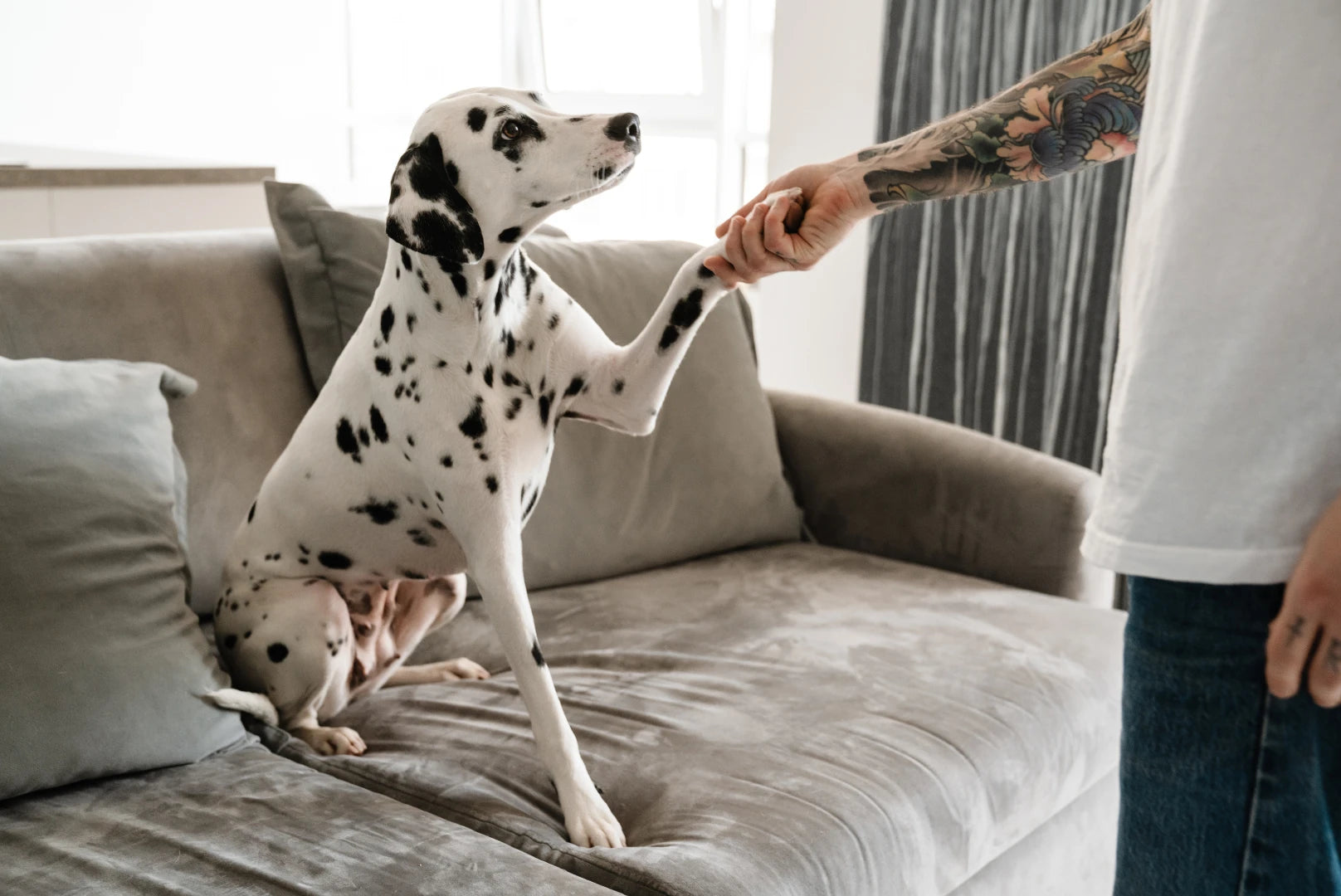
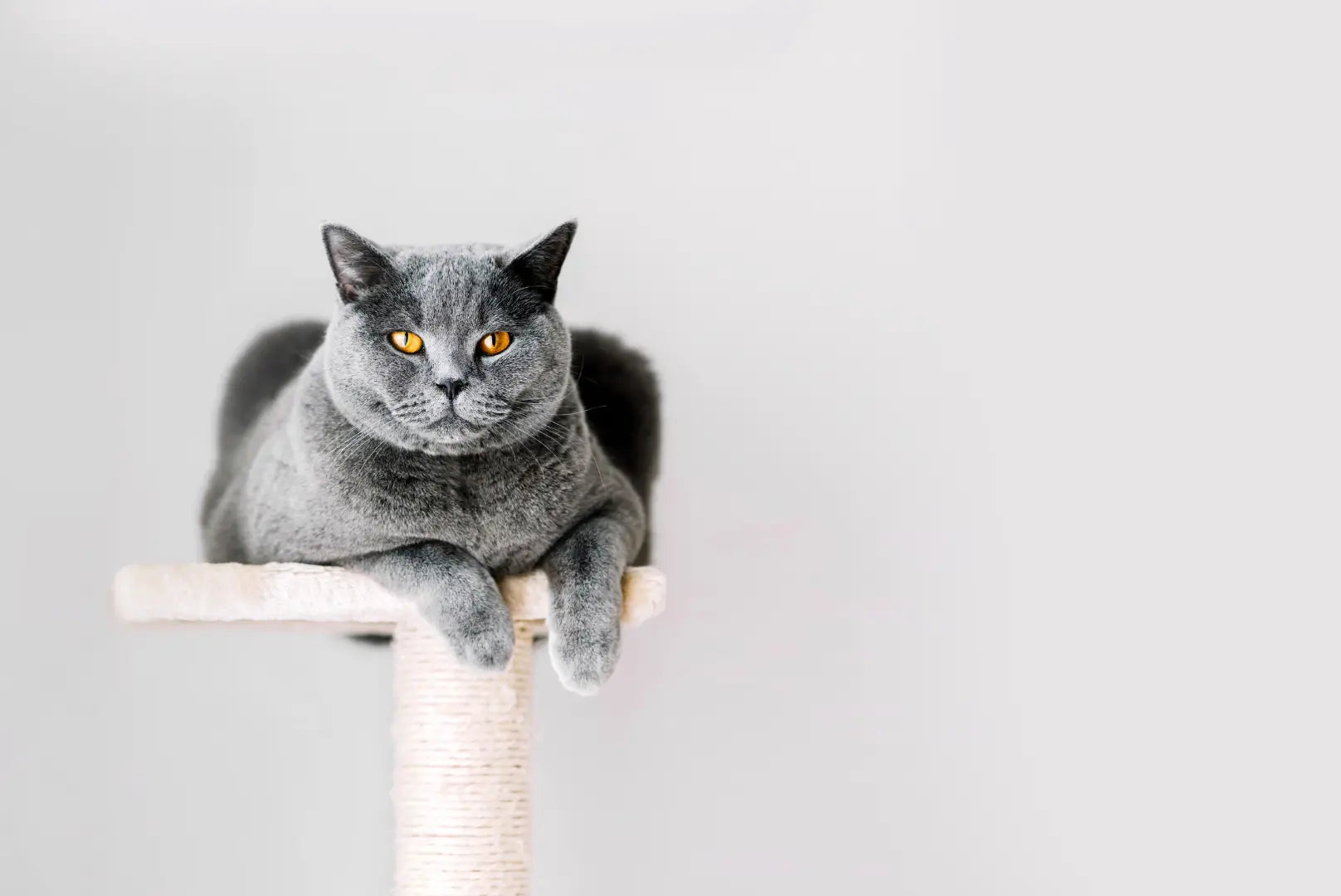
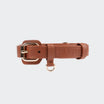

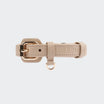
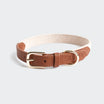
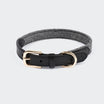
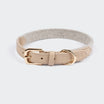
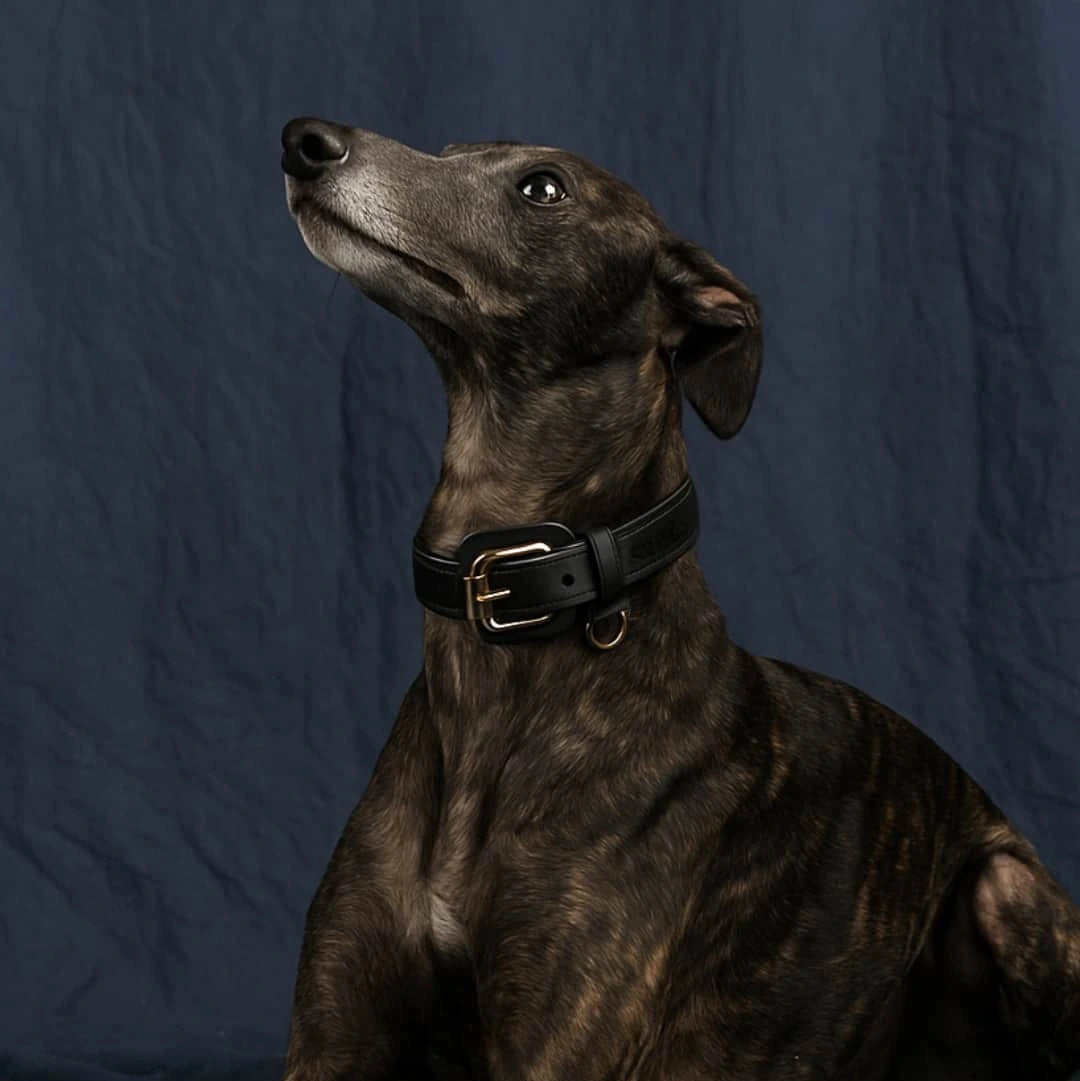

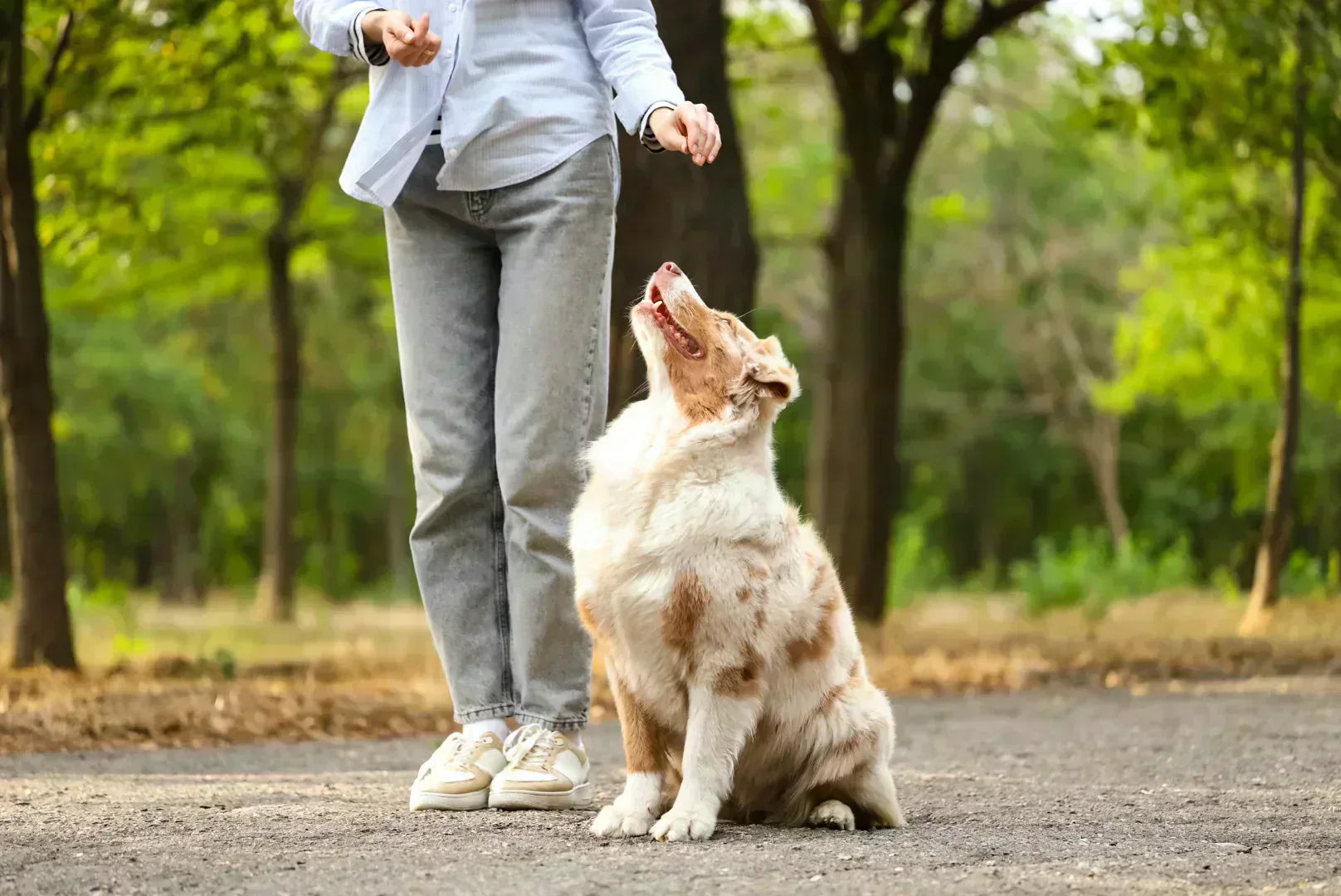

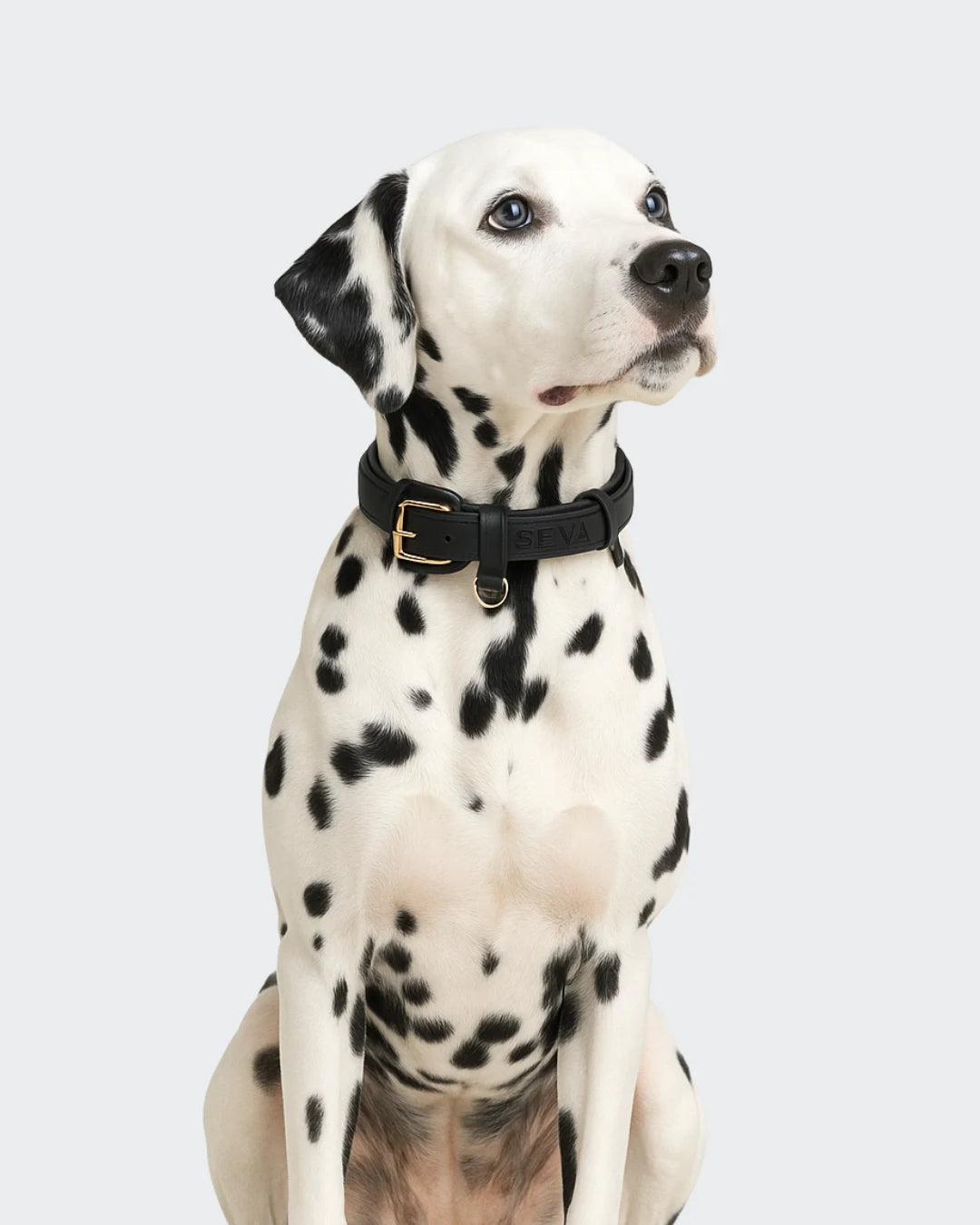
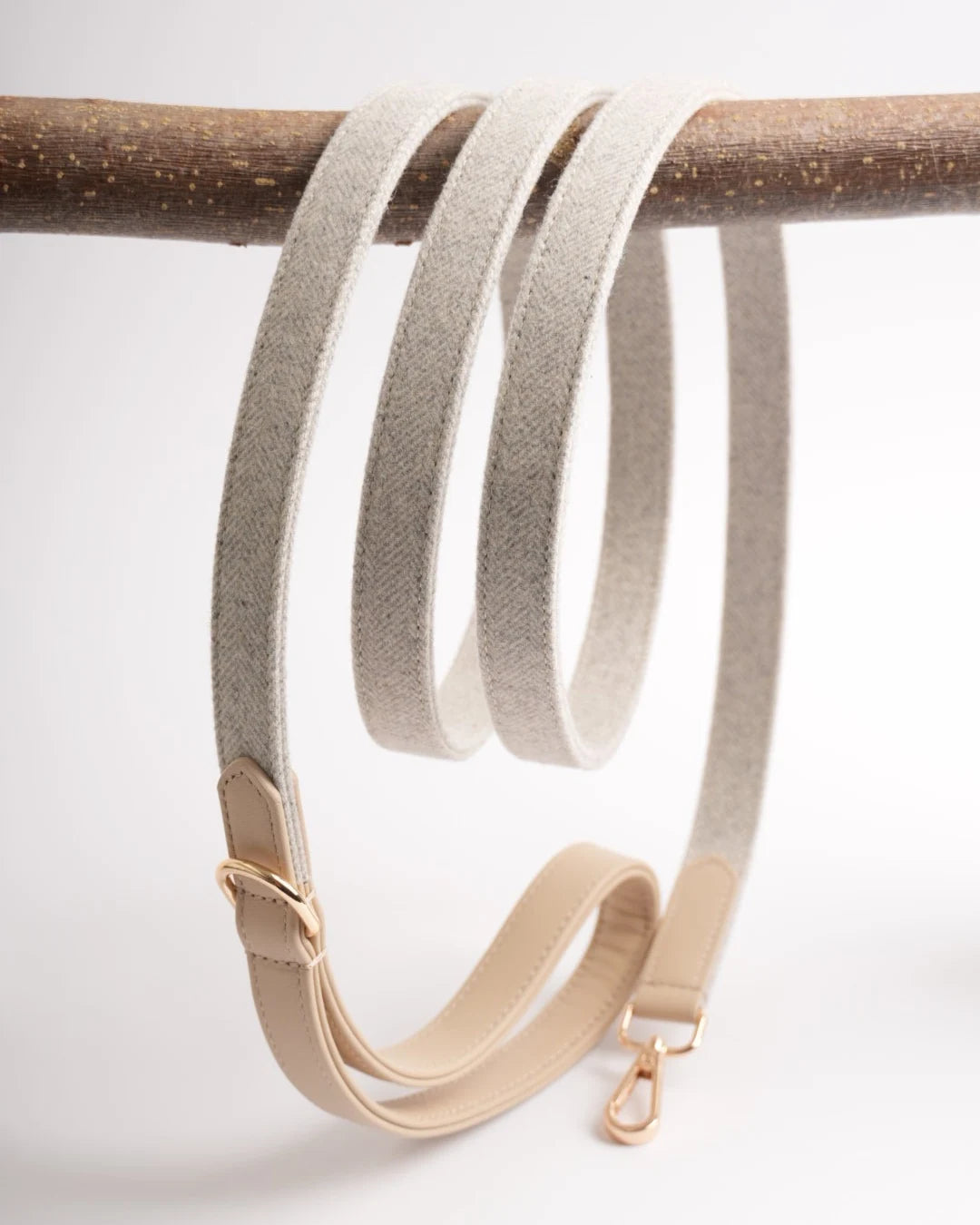
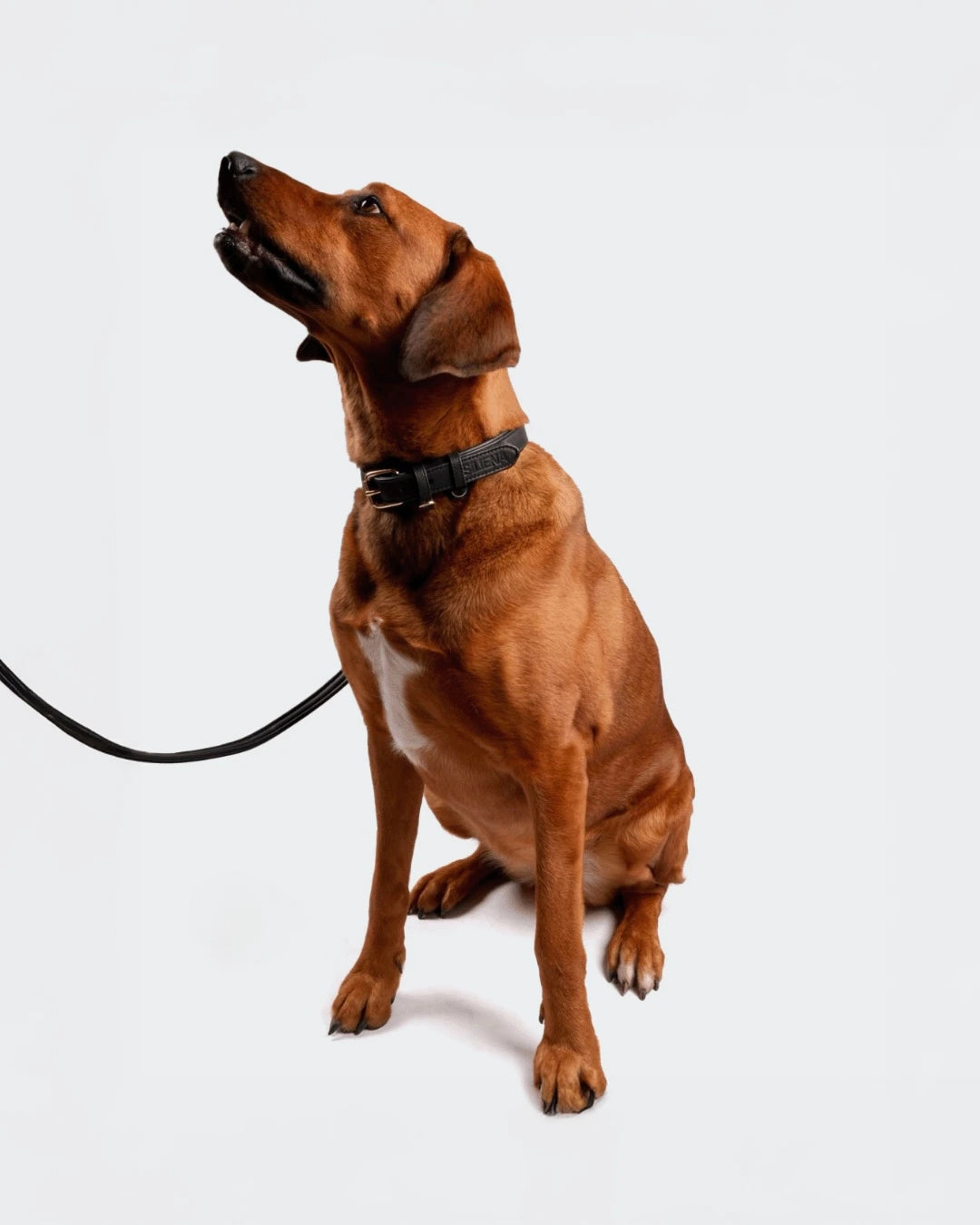
Leave a comment
This site is protected by hCaptcha and the hCaptcha Privacy Policy and Terms of Service apply.